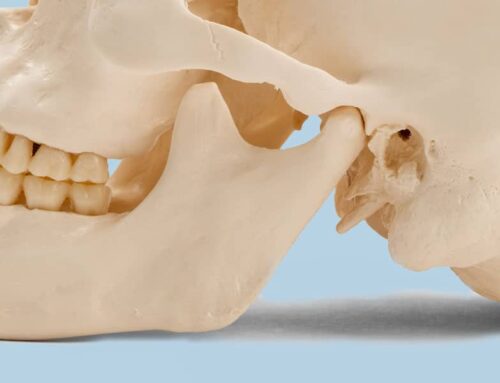What is TMJ?
Your mandible (lower jaw) is connected to your skull by the temporomandibular joint (TMJ), which is located on both sides of your head in front of your ears. This joint enables you to speak, eat and swallow, by allowing your jaw to open and close.
What are the symptoms of TMJ disorders?
These symptoms may include:
- pain that can be felt in the face, ears, head and/or neck
- stiffness/soreness/pain in the muscles of the jaw
- limited movement of the jaw
- locking of the jaw
- clicking or popping sounds from the TMJ site
- tinnitus (ringing in the ear)
- dizziness or loss of balance
- headaches
- shift in the jaw; changing the way that the upper and lower teeth align
What causes TMJ disorders?
Any upset in the normal function of the TMJ (temporomandibular joint) is considered a TMJ disorder. Injuries, trauma to the face, head and neck, often cause a displacement / dislocation of the TMJ fibrocartilage meniscus (TMJ disk).


